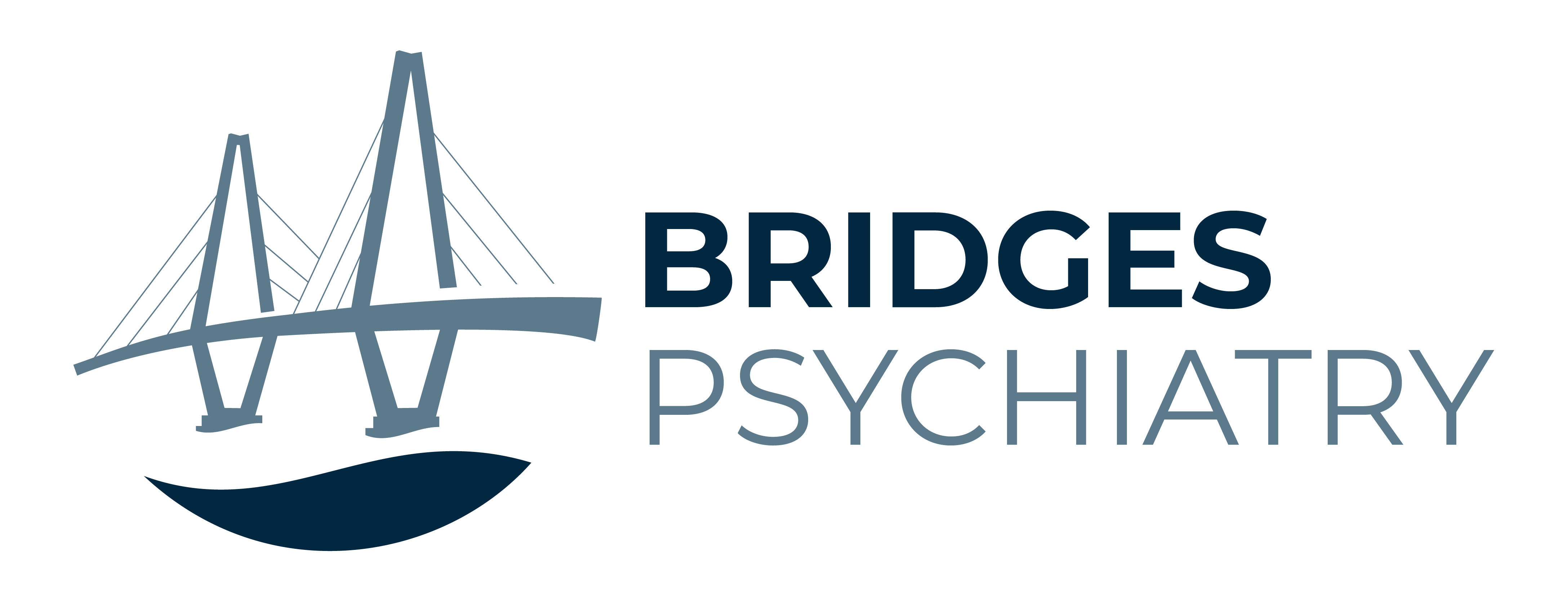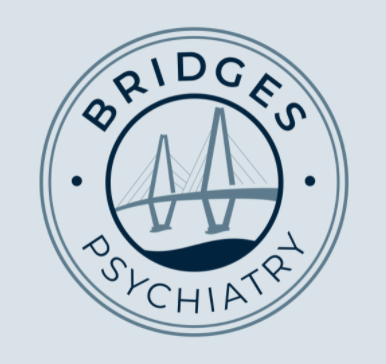To Buy Zestril Online Visit Our Pharmacy ↓
Zestril's Vasodilatory Benefits for Diabetic Cardiopathy
Angiotensin-Converting Enzyme (ACE) inhibitors are a class of medications commonly prescribed to manage high blood pressure and congestive heart failure. Beyond its antihypertensive effect, Zestril's mechanism affords protection to the heart muscles, especially after cardiac damage. After starting Zestril, she not only saw a significant drop in her readings but also felt more energetic. Developing a routine that incorporates relaxation techniques such as yoga, meditation, or deep breathing exercises may also ease side effects. The scope of prevention extends to patients who have already experienced cardiac events, with Zestril serving to prevent recurrence. Moreover, the mechanism of Zestril extends beyond mere blood pressure reduction. Lisinopril has been widely prescribed due to its efficacy and also because it is well-tolerated by patients.
The Long-term View: Monitoring Success with Zestril
This implies maintaining a healthy diet, consistent physical activity, and regular health check-ups. Initiating treatment with Zestril requires certain modifications to one’s daily habits to optimize health outcomes and minimize potential side effects. Initially, physicians usually prescribe a low dosage, and based on the patient's response and renal function, they may adjust the dose at intervals of 2-4 weeks. With its remarkable efficacy in slowing down the progression of chronic kidney disease (CKD), Zestril has piqued the interest of researchers and healthcare professionals alike. Maria, a 62-year-old heart failure patient, had struggled for years with fatigue and shortness of breath. It is in these spaces that patients and their families learn from each other, gaining insights into managing the condition and the medication's effects. Initially conceptualized by researchers aiming to tackle the challenges of hypertension and heart failure, Zestril underwent rigorous trials and experiances, proving its efficacy and safety.
Extending Lives: Zestril's Preventive Cardiovascular Applications
For individuals diagnosed with hypertension or heart conditions, lisinopril offers a pathway towards managed health, underpinning its importance in a comprehensive cardiovascular care plan. The future outlook for Zestril and similar medications appears promising, offering hope for improved treatment options for individuals with hypertension and heart failure. Indeed, Zestril makes it easier for patients to manage their heart health proactively, minimizing hospital visits and fostering a sense of well-being. Taking steps to protect your kidneys while on Zestril is paramount for sustaining both kidney and overall health. Supports efficient heart function. This is not your typical cough but one that is dry, nagging, and non-productive, presenting a continuous challenge for those who experience it. For individuals at high risk of heart-related issues, Zestril offers a dual advantage—managing hypertension and protecting the heart from future complications.
Zestril in the Long Run: Managing Expectations
This step ensures that you achieve the desired therapeutic effects while maintaining safety. By improvinng circulation and oxygen delivery to the heart, zestril ensures that the engine of the body runs smoothly and steadfastly. This sense of belonging and mutual support not only helps individuals cope with their medical condition but also empowers them to face other life challenges with newfound strength and resilience. Healthcare providers often advocate for the continued use of Zestril as a long-term preventive strategy, advocating that its usage can be a cornerstone in reducing morbidity and mortality associated with heart conditions. By inhibiting the formation of angiotensin II, it also diminishes the secretion of aldosterone, a hormone that causes the kidneys to retain sodium and water, leading to further blood pressure elevation. By blocking this pathway, Zestril effectively lowers blood pressure and eases the workload on the heart. In heart failure patients, Zestril helps reduce the workload on the heart by dilating blood vessels, thereby improving cardiac output and alleviating symptoms of fluid overload.
Unveiling Zestril: a Deep Dive into Its Origins
Adherence to Zestril's prescribed regimen is fundamental for achieving the desired therapeutic outcomes. These platforms, whether online forums or in-person meetings, serve as sanctuaries where individuals share their stories, fears, and triumphs. The successful management of hypertension often hinges on a well-tailored treatment plan, of which Zestril is a central component. Typically, physicians start patients with a low dose to minimize potential side effects and then gradually increase it. Determining the appropriate Zestril dosage is crucial for maximizing its therapeutic benefits while minimizing potential side effects. The decrease in workload and stress on the heart muscle courtesy of the vasodilatory action helps to preserve cardiac function and is integral in treating patients with compromised cardiovascular health. Symptoms can include unexplained fatigue or a feeling of general weakness.
Bridging the Gap: Zestril in Heart Failure
Insurance coverage also plays a crucial role, with some plans offering better benefits for certain medications over others. By inhibiting the angiotensin-converting enzyme (ACE), Zestril helps relax blood vessels, reducing the heart's workload and lowering blood pressure. Adapting to Zestril also means being attuned to your body's reactions and openly communicating with your healthcare professional about any concerns or unusual symptoms that arise. It’s a delicate balance, requiring close collaboration between the patient and healthcare provider to ensure the best possible outcome. Moreover, patients should not overlook the importance of adhering to a consistent medication schedule, as it allows Zestril to maintain stable blood levels for better blood pressure control. Dietary modifications are a cornerstone, with a focus on reducing salt intake, which can help lessen the likelihood of experiencing elevated potassium levels and swelling. Zestril, a game-changing medication, has emerged as a breakthrough treatment for this silent epidemic.
Mechanism of Action: How Zestril Benefits Heart Failure
This reduction in workload and stress on the heart can mitigate the risk of heart failure. Diet and lifestyle play crucial roles in conjunction with Zestril's pharmacological action. While Zestril, an ACE inhibitor, is effective in managing blood pressure, it’s crucial to understand its potential impacts on kidney function. Exploring the world of Zestril through the eyes of those who have walked its path illuminates a tapestry of human resilience and medical innovation. By discussing these concerns with their healthcare provider, patients can work together to find the most suitable and safest option for managing their hypertension. Mild effects often include cough or dizziness, which usually lessen as your body adapts. Additionally, stress management techniques such as mindfulness, yoga, or meditation can provide ongoing benefits by reducing factors that contribute to heart strain.
Lifestyle Tweaks to Mitigate Zestril's Impact
Compared to beta-blockers, which work by slowing down the heart, and diuretics, that help eliminate excess fluid from the body, Zestril offers a targeted approach reducing the risk of electrolyte imbalance and lessening the impact on heart rate. Patients recount experiences of dizziness, dry cough, and sometimes more alarming reactions that required immediate medical attention. Remember, knowledge is your best tool 🛠️ in navigating these waters. Over time, as they adjust to life with Zestril, they find a new normal—keeping a close eye on the horizon for any changes, knowing that dosage titrations may be necessary to maintain the perfect balance. Understanding the risks can help individuals make informed decisions about their treatment plan and weigh the benefits against the potential drawbacks. As an angiotensin-converting enzyme (ACE) inhibitor, Zestril works by relaxing blood vessels and easing the workload on the heart. Engaging in regular physical activity is another vital component in mitigating the impact of Zestril.
Trading Fears for Relief: Heartfelt Stories of Recovery
This medication's ability to enhance circulatory health is a testament to its comprehensive approach to heart wellness. They advocate for maintaining open communication with healthcare providers, ensuring that any changes in health or concerns are promptly addressed. Similarly, dietary restrictions or preferences, such as a low-sodium diet, may also influence the choice between Zestril and other medications. Addressing this persistent cough requires a collaborative approach between the patient and healthcare provider. With Zestril, like any other medication, there are potential side effects that patients should be aware of. Understanding these potential side effects is crucial for patients to make informed decisions about their hypertension management plan in collaboration with their healthcare provider, ensuring both efficacy and safety in treatment. Taking a long-term perspective on hypertension management with Zestril involves regular monitoring and collaboration with your healthcare provider.
The Rare, Yet Real, Skin Reactions to Zestril
Moreover, limiting alcohol consumption and quitting smoking are critical components in the holistic management of hypertension. Adopting a healthy lifestyle goes beyond diet and exercise; it also involves managing stress and ensuring adequate rest. From Blood Pressure to Heart Health: Zestril's Holistic Approach. Zestril, also known by its generic name lisinopril, belongs to a class of medications called angiotensin-converting enzyme (ACE) inhibitors. Most patients are advised to take Zestril at the same time each day, often in the morning to correspond with the body's natural rhythm and blood pressure patterns, which can surge upon waking. This mechanism, integral to its function, ensures that blood flows more smoothly and the heart can pump blood more efficiently. Zestril can be taken with or without food, but consistency in administration timing is important for maintaining steady drug levels in the body.

